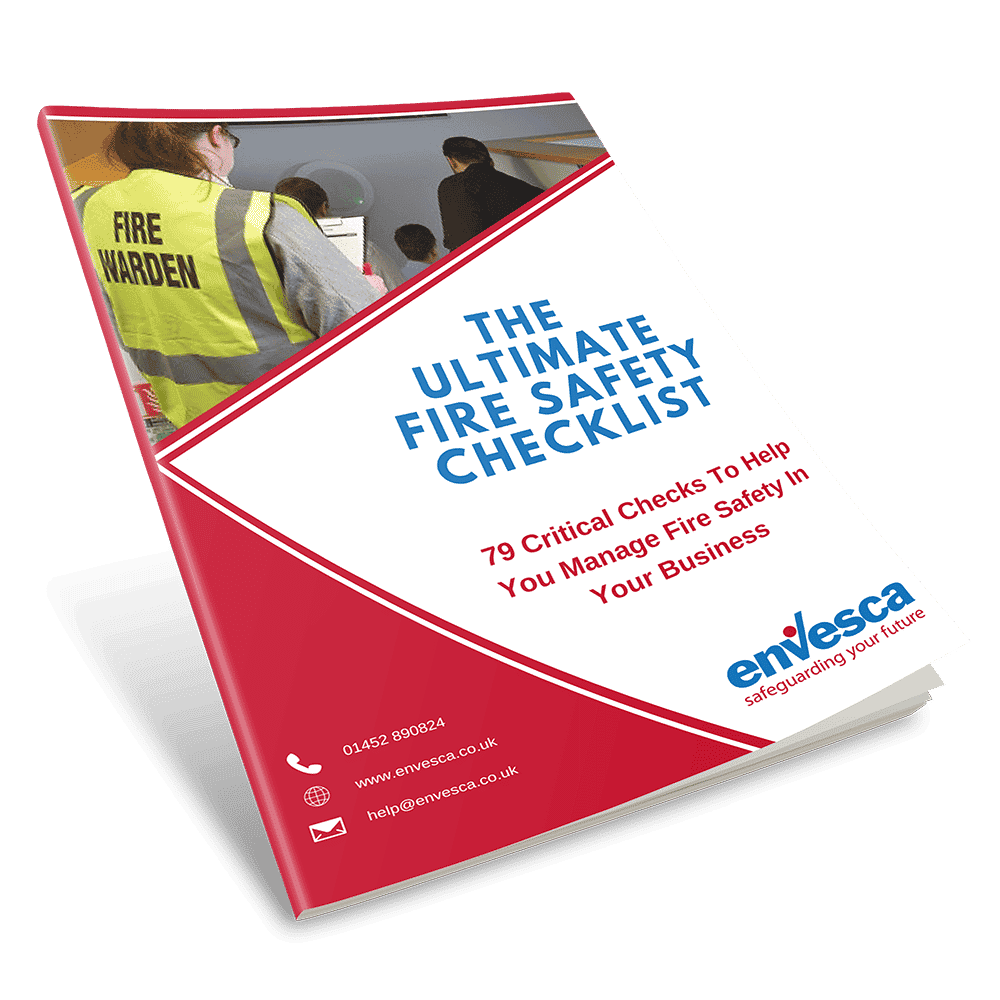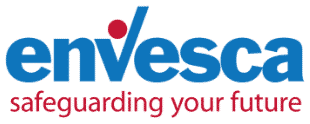The Crucial Role of Food Safety Training in Catering Kitchens
Catering kitchens are responsible for preparing and serving meals for a large number of people. The importance of food safety cannot be overstated when it comes to catering kitchens, as the consequences of food poisoning and other food-borne illnesses can be severe. In order to ensure that food is safe for consumption, catering kitchen staff must receive proper food safety training.
The Risks of Food-Borne Illnesses in Catering Kitchens
Food-borne illnesses are caused by harmful bacteria, viruses, or parasites that can contaminate food. The risk of food-borne illnesses is high in catering kitchens, where large quantities of food are prepared and served. The most common food-borne illnesses include salmonella, E.coli, and norovirus. These illnesses can cause severe symptoms, including vomiting, diarrhoea, and fever. In some cases, foodborne illnesses can even be life-threatening, especially for vulnerable populations such as young children, elderly individuals, and those with weakened immune systems.
The Importance of Proper Food Handling Techniques
One of the most effective ways to prevent food-borne illnesses in catering kitchens is to use proper food handling techniques. This includes everything from storing food at the correct temperature to using separate cutting boards for different types of food. Proper food handling techniques also involve washing hands frequently, using gloves when handling food, and properly cleaning and sanitising all surfaces and equipment. By following these guidelines, catering kitchen staff can significantly reduce the risk of food contamination and the spread of harmful bacteria.
The Benefits of Food Safety Training for Catering Kitchen Staff
Proper food safety training is essential for catering kitchen staff. It ensures that they are aware of the risks of food-borne illnesses and are equipped with the knowledge and skills to prevent them. Food safety training covers a range of topics, including proper food handling techniques, food storage, and hygiene practices. It also covers the importance of maintaining a clean and sanitary kitchen environment. By providing food safety training to catering kitchen staff, employers can create a safer working environment and protect their customers from the risks of food-borne illnesses.
The Role of Food Safety Audits in Catering Kitchens
In addition to providing food safety training, catering kitchens may be subject to food safety audits. These audits are designed to ensure that catering kitchens comply with food safety regulations and maintain a safe and sanitary working environment. During a food safety audit, an inspector will evaluate the kitchen’s procedures for food handling, storage, and preparation, as well as the cleanliness of the kitchen and its equipment. By undergoing regular food safety audits, catering kitchens can identify areas for improvement and ensure that they provide safe and healthy food to their customers.
Conclusion
Food safety training is essential for catering kitchen staff. It helps to prevent food-borne illnesses, protect customers, and ensure compliance with legal requirements. Catering kitchens can create a safer working environment and maintain a high standard of food safety and hygiene by providing food safety training and undergoing regular food safety audits.
Are you looking for comprehensive food safety training for your catering kitchen staff? Look no further than Envesca! Our expert trainers provide engaging and informative food safety training courses to equip your staff with the knowledge and skills necessary to maintain a safe and sanitary working environment. Call us at 01452 502113 to learn more about our food safety training options and ensure that your business is compliant with legal requirements.
Find this helpful?
Signup to our email notifications to receive alerts when we publish new blogs. We promise not to spam your inbox, you will just get a short snappy intro to Health and Safety articles we think you will love.
"*" indicates required fields

The Ultimate Fire Safety Checklist
If you’ve got a question or query, please contact our super friendly team, they will be delighted to help you!
Simply get in touch via phone or email.

Free
Resources &
Downloads
Informative. Useful. Practical.
Here at Envesca we believe that we are good at giving proactive, sensible and useful advice. Below you will find some free resources that you can download on a host of subjects that will help you and your business.
Training Available
Envesca offer a number of different training courses, which offer advice and guidance on these topics.



